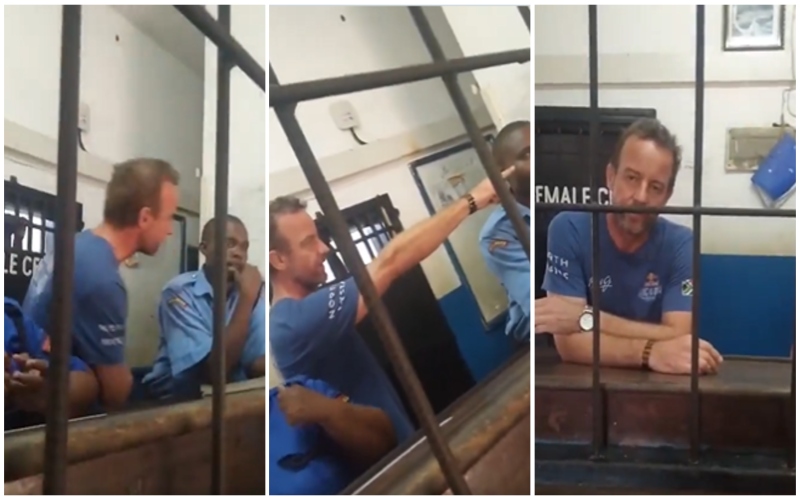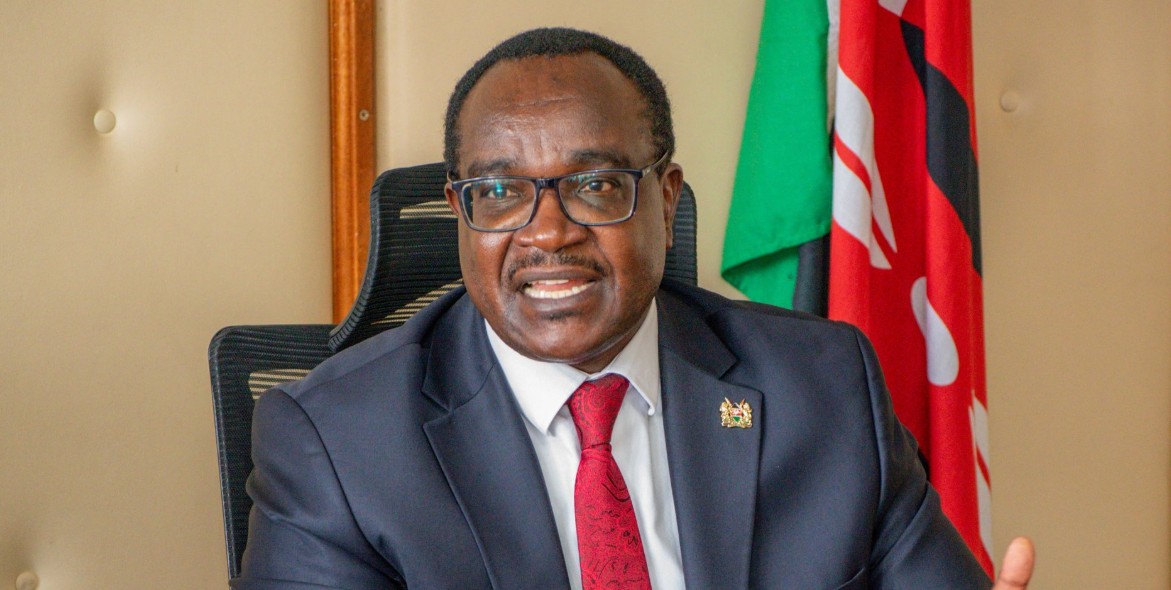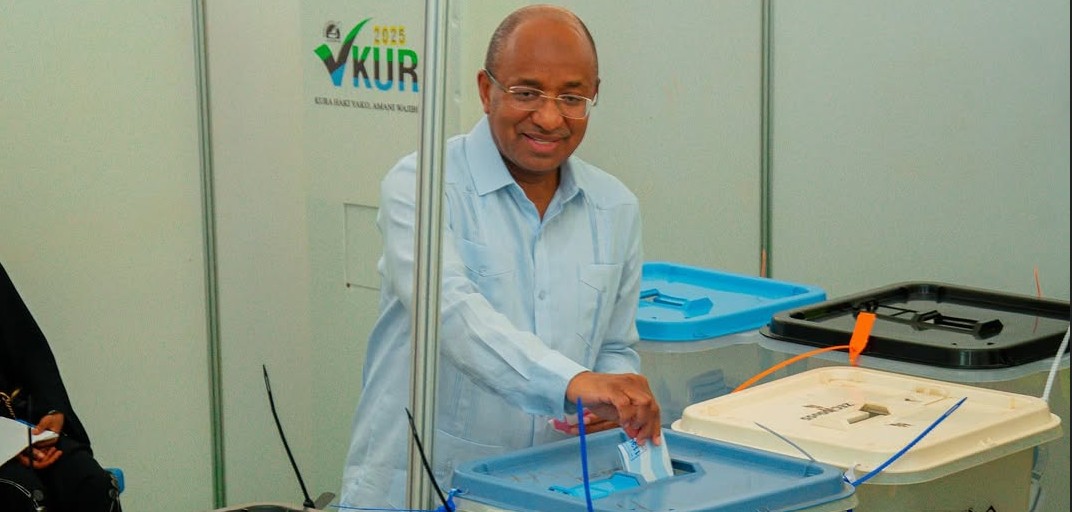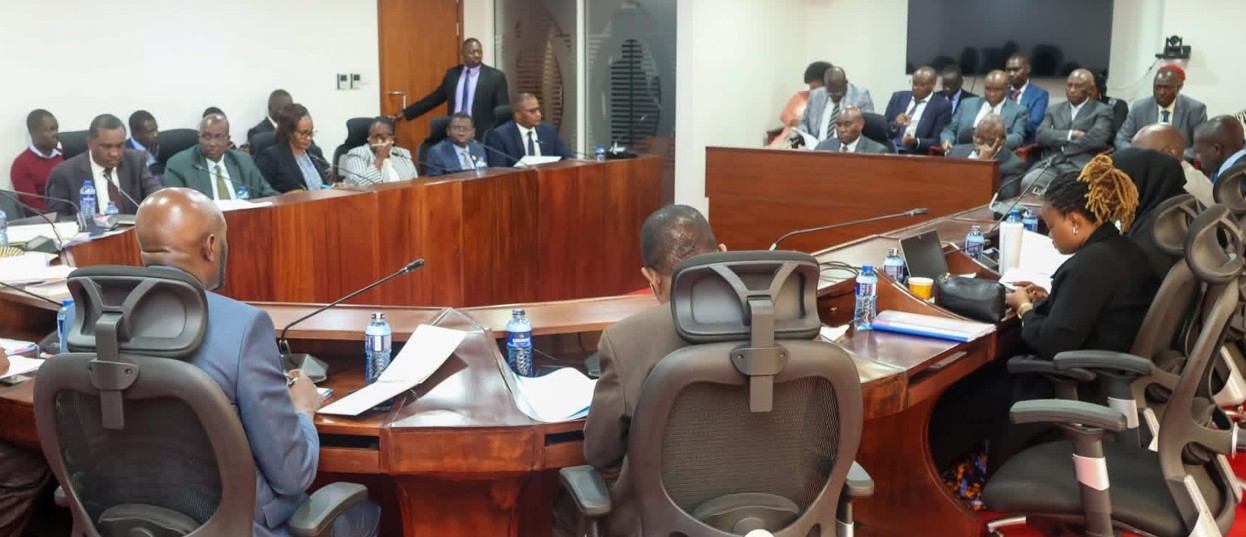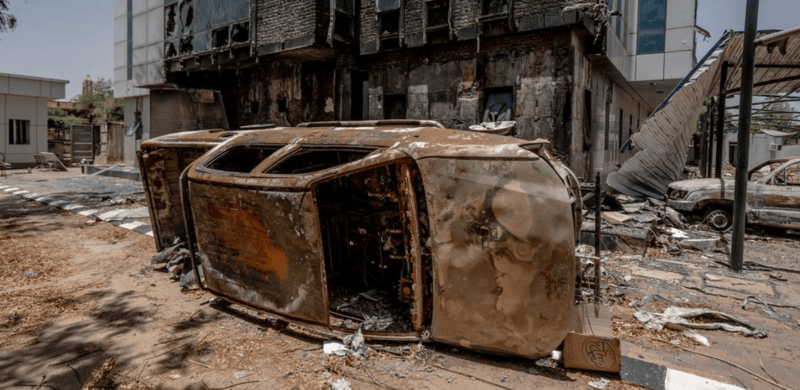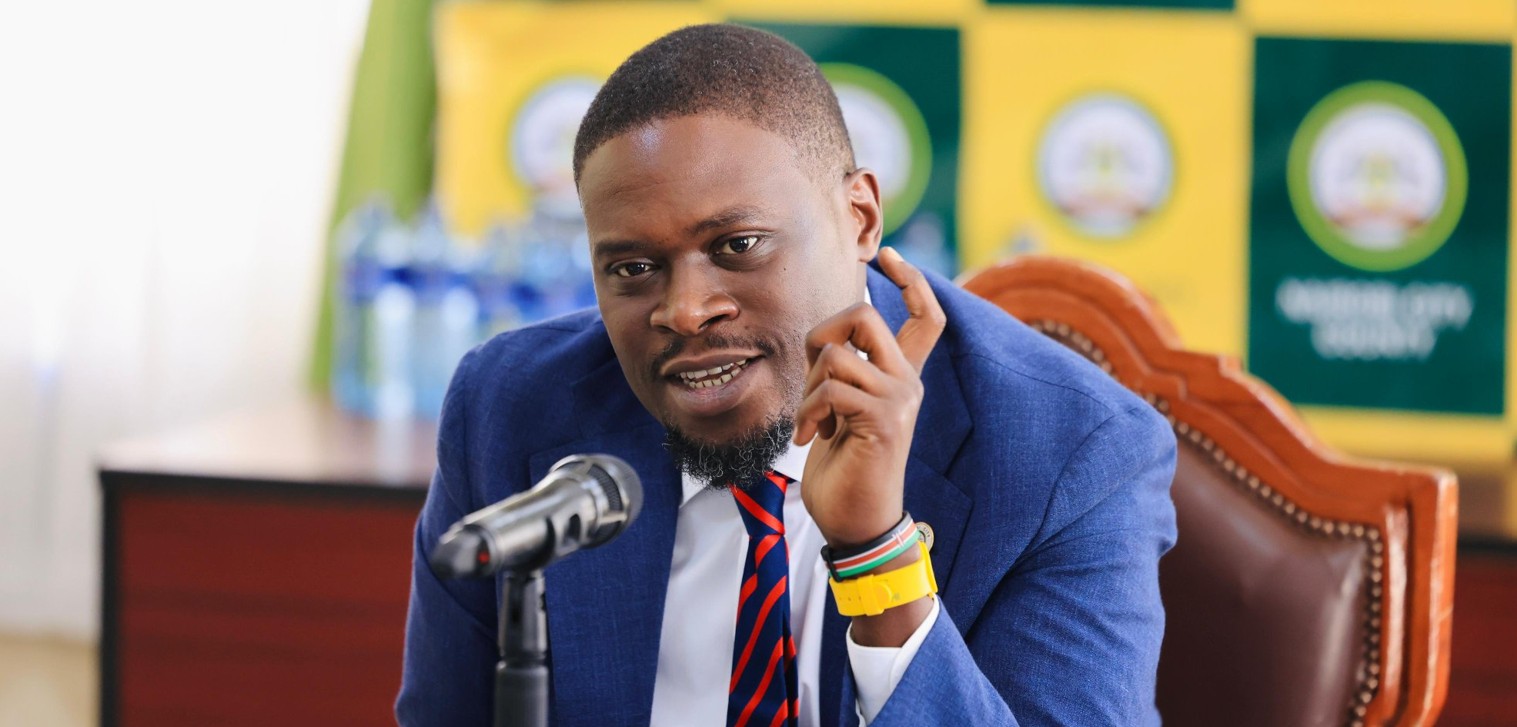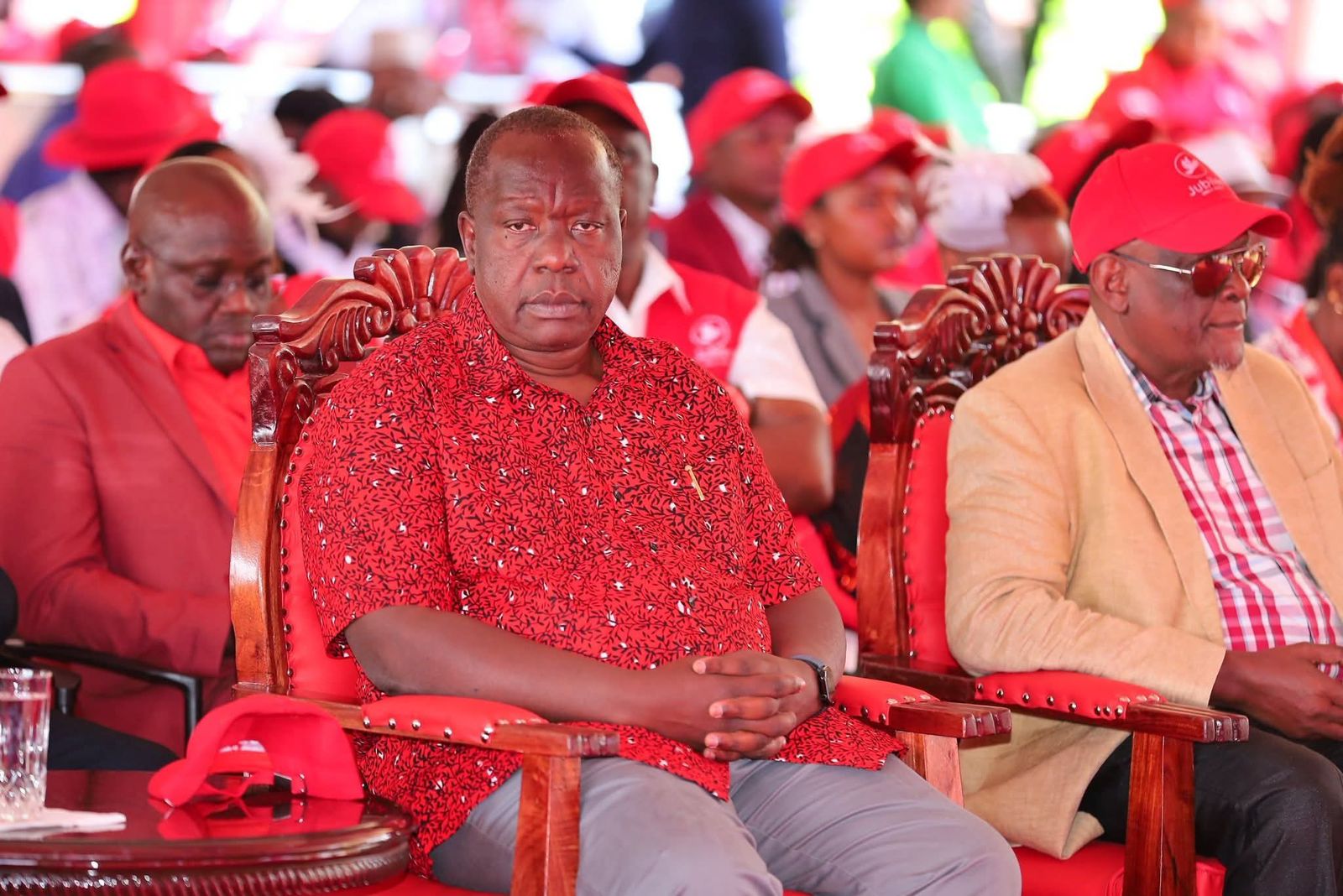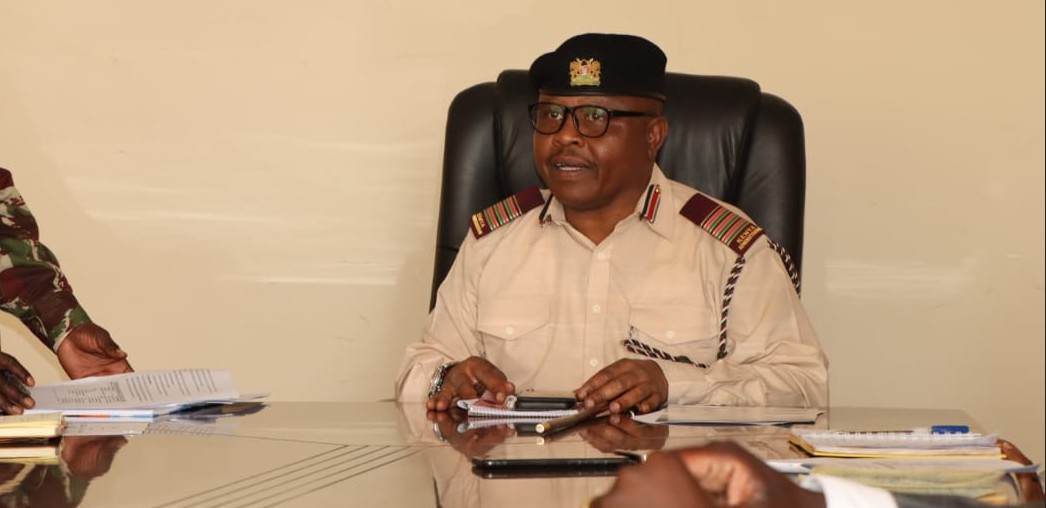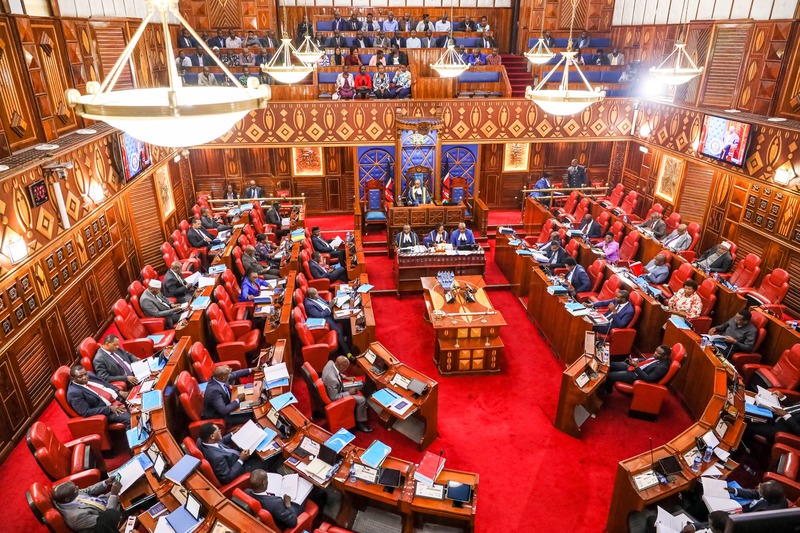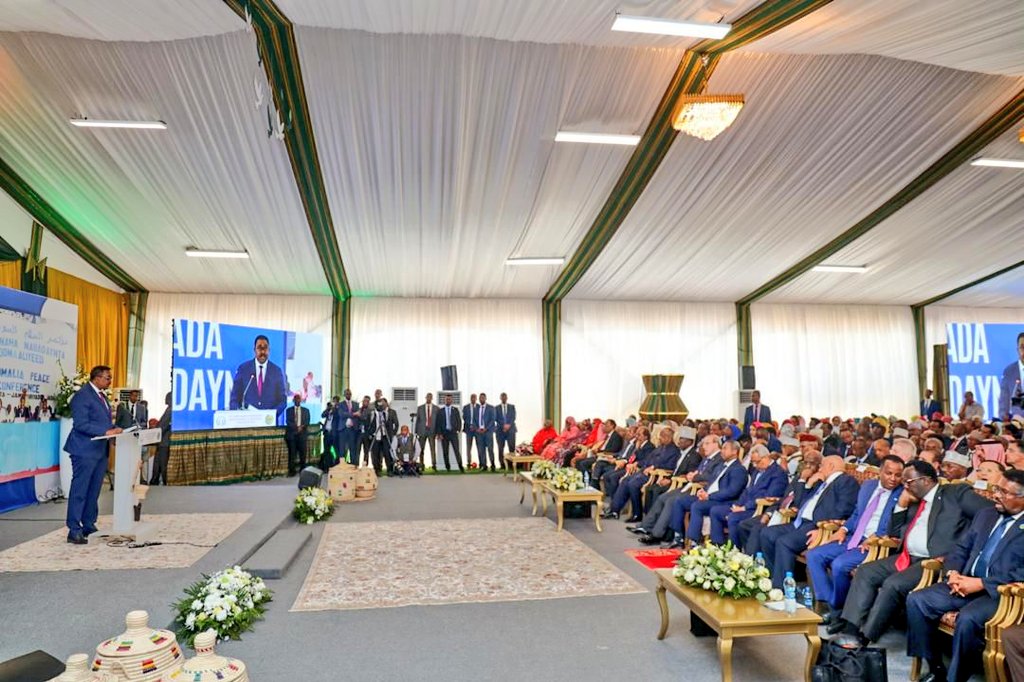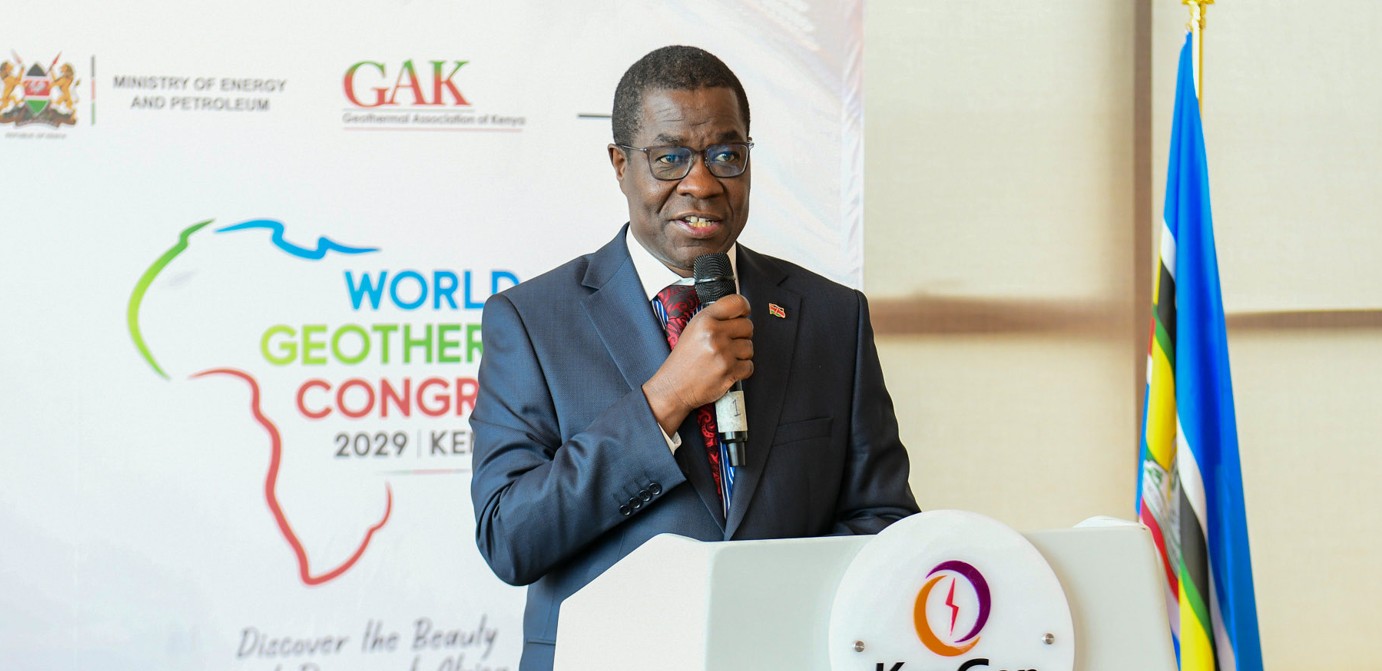Kenya making gains but still failing to meet anti-trafficking standards – report
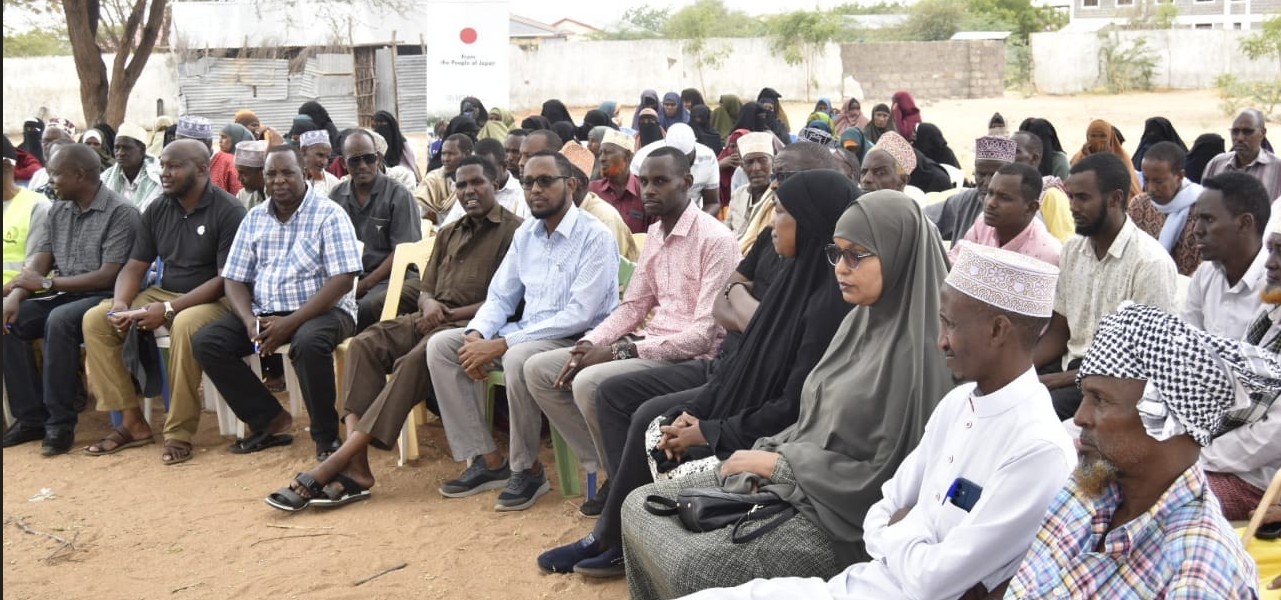
The report also notes that many police officers lack a clear understanding of anti-trafficking laws, often misclassifying trafficking cases as other crimes or failing to collect sufficient evidence to support prosecutions.
Kenya has not yet fully met the minimum standards required to eliminate human trafficking but is making significant progress toward compliance, according to the latest US State Department Trafficking in Persons Report.
The report highlights Kenya’s increased efforts to investigate, prosecute, and convict more traffickers, as well as identify more potential victims. The government also strengthened its collaboration with NGOs to assist victims of trafficking.
More To Read
- IGAD states pledge to protect migrants from trafficking and exploitation
- Human trafficking ring busted in Nigeria, two women bound for Somalia rescued
- Man accused of trafficking Kenyans to Russia sues police officer for Sh10 million over rights abuse
- Businessman accused of trafficking ex-KDF officers to Russia freed on Sh500,000 bail
- Libya’s human smuggling networks tighten grip as new routes emerge
- Government says Kenyans captured in Ukraine were victims of human trafficking
It further notes that the government partially opened its first state-run shelter dedicated to trafficking victims, hired and trained staff, and regularly sought feedback from survivors—particularly those exploited in Gulf states—on its anti-trafficking efforts.
However, the report points out that the government still fell short of minimum standards in several key areas, especially in providing protection services for victims, particularly adults, which remained limited.
"Despite ongoing concerns of official complicity in trafficking crimes, which hindered both law enforcement efforts and victim identification, the government did not report any law enforcement action against allegedly complicit officials. Efforts to protect Kenyan trafficking victims abroad, particularly migrant workers in Gulf countries, and hold fraudulent labour recruitment agencies accountable, remained inadequate," the report observes.
No prosecutions or convictions
As a result, the government did not report any prosecutions or convictions of public officials complicit in trafficking crimes. Corruption and official complicity continued to be a major obstacle to law enforcement.
The report adds that police officers were known to accept bribes to warn traffickers of planned operations, particularly along the coast, allowing offenders to evade conviction by bribing magistrates or intimidating witnesses.
"Observers alleged criminal syndicates colluded with various law enforcement and immigration departments, including those at border checkpoints and airports, to transport trafficking victims into and within Kenya. Traffickers continued to easily obtain fraudulent identity documents used to facilitate trafficking crimes from complicit officials," the report adds.
It further cites media reports indicating that some Kenyan government officials—including parliamentarians, advisors, and county-level leaders—held ownership stakes in private employment agencies, including those that send Kenyan workers to Saudi Arabia, creating potential conflicts of interest.
On prosecution, the report acknowledges that the Counter-Trafficking in Persons Act of 2010 criminalises both sex and labour trafficking, prescribing penalties of 30 years to life imprisonment, fines of not less than Sh30 million, or both. These penalties are considered sufficiently stringent.
However, the judiciary’s continued practice of allowing fines instead of imprisonment for sex trafficking offences was criticised as inconsistent with penalties for other serious crimes, such as rape.
The government has partnered with an international organisation to review an amendment to the 2010 Act aimed at removing the option of a fine instead of imprisonment. However, this amendment has not been approved for the fourth consecutive reporting period.
"In 2024, the government reported investigating 42 cases – 17 for sex trafficking, seven for labour trafficking, and 18 for unspecified forms of trafficking. This compared with the government investigating 22 cases in 2023. It reported 83 ongoing investigations, 18 for sex trafficking, eight for forced labour, and 57 for unspecified forms of trafficking. The government reported prosecuting 44 trafficking cases, including an unknown number of suspects – 38 sex trafficking cases, three labour trafficking cases, and three cases of unspecified forms of trafficking in 2024," the report says.
DCI specialised units
To strengthen investigations, the Directorate of Criminal Investigations (DCI) maintained two specialised units—the Anti-Human Trafficking and Child Protection Unit (AHTCPU), which focuses on child trafficking, and the Transnational Organised Crimes Unit, which handles cross-border trafficking cases. The Office of the Director of Public Prosecutions also retained a specialised unit dedicated to countering trafficking in persons.
However, the AHTCPU continues to face challenges, including inadequate funding for investigations, limited staffing due to budget cuts, and logistical constraints.
The report also notes that many police officers lack a clear understanding of anti-trafficking laws, often misclassifying trafficking cases as other crimes or failing to collect sufficient evidence to support prosecutions.
Top Stories Today
